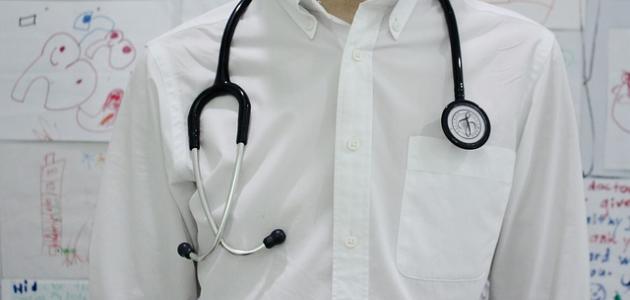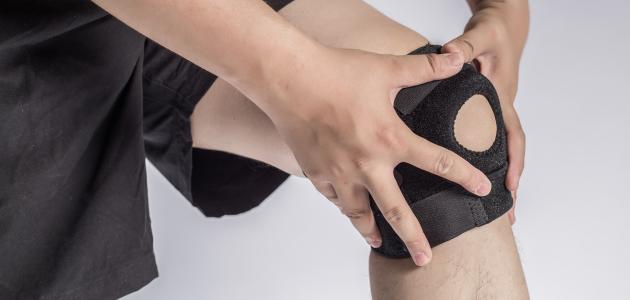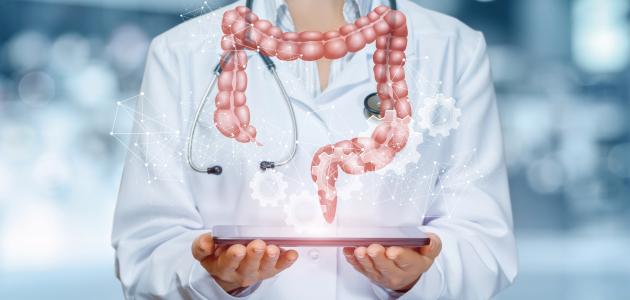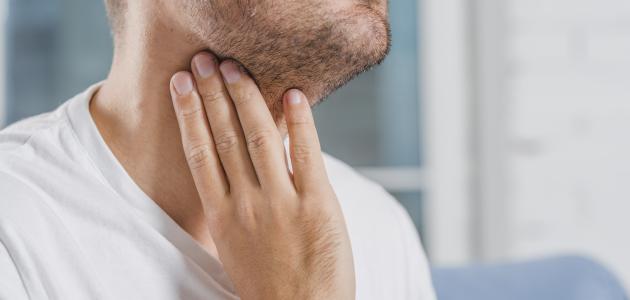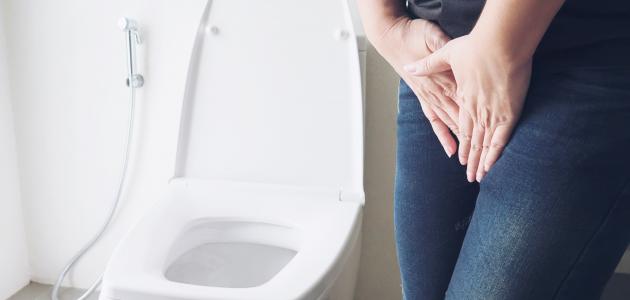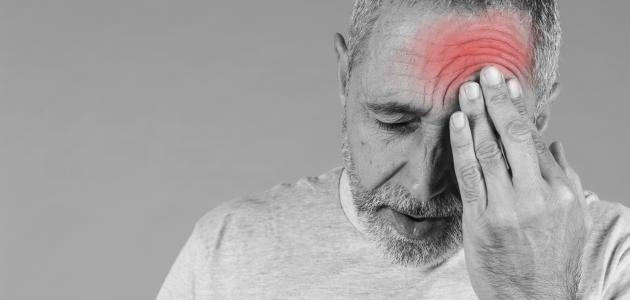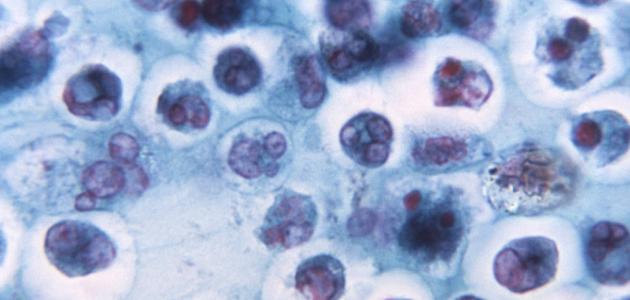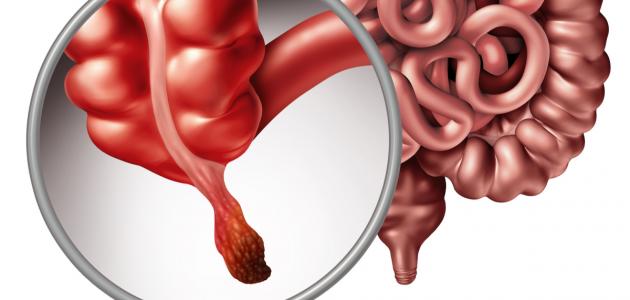Right testicular pain
The testicles are considered very sensitive organs, as secondary injuries can cause pain in them, and right testicular pain occurs in or around the testicle, and testicular pain may sometimes originate from another place in the inguinal region, or abdomen, and this pain may be sharp, So that it begins suddenly, and for a limited period, or it may be chronic, and it continues for three months or more, and the failure to treat testicular pain leads to the occurrence of many serious complications, such as: permanent damage to the testicles and the scrotum, in addition to the negative impact on fertility, and reproduction.
Causes of testicular pain
There are many causes that lead to testicular pain, including the following:
- Orchitis infection: Inflammation of the testicles, or both testicles together, may occur as a result of a bacterial or viral infection. Examples of bacteria that cause orchitis are: Streptococcus and Staphylococcus, and bacteria associated with sexually transmitted diseases, such as Gonorrhea and syphilis can lead to orchitis.
- Exposure to injuries: Testicle pain can occur as a result of exposure to injuries during physical activities, or accidents.
- Suffering from nerve damage: Nerve damage from diabetes can damage the nerves in the scrotum.
- seminal abscess: Testicular pain may be caused by a collection of semen in a sac near the testicle.
- Varicocele infection: Testicular pain may be caused by swollen blood veins near the testicle.
- Testicular torsion: Testicular torsion around the spermatic cord may block blood flow to the testicle, and this condition requires immediate medical treatment.
- Kidney stones: Kidney stones may cause pain in the scrotum.
Prevention of testicular pain
There are several measures that must be taken to reduce the risk of testicular pain, including:
Read also:What are the symptoms of weak immunity- wear a sports support; to avoid injury to the testicles.
- Emptying the bladder completely while urinating.
- Examination of the testicles once a month. to notice changes.
- Use contraceptives during sexual intercourse.
